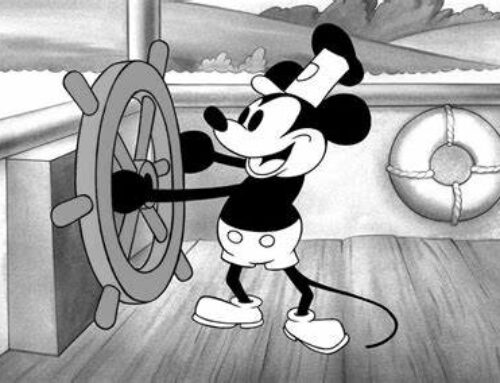‘OPT’ case illustrates logos used in trade can be protected

Last month, the UK Intellectual Property Office ruled in favour of an opponent in a trade mark case (O-536-18) involving passing off and bad faith under the Trade Marks Act 1994. The decision provides welcome reassurance to businesses that their rights to control their logos used in trade, now or in the future, are protected by trade mark law.
Background
The opponent, Outdoor Physical Training Ltd (“OPT”) opposed the applicant, Clinton Slater’s UK trade mark application for ‘Outdoor Physical Training OPT’ (figurative logo) in classes 35 and 41 covering, amongst other things, physical training and conducting fitness classes under sections 3(6) and 5(4)(a) of the Trade Marks Act 1994. OPT claimed that the trade mark was its business logo and also that Mr Slater was, at the time, a director of OPT but had applied for the mark in an individual capacity (as opposed to on behalf of OPT) intending to force OPT to close and passing off the business as his own under the same logo and existing member base.
In his counterstatement, Mr Slater denied the grounds of opposition, arguing that he had created the name and logo before the incorporation of OPT, and therefore copyright in the logo would automatically be owned by him. However, the co-director of OPT claimed the coining of the name and accompanying logo was a joint effort.
Bad faith
The Hearing Officer (HO) decided in favour of OPT on grounds of bad faith, adding that the copyright argument put forward by Mr Slater was a red herring. Even if Mr Slater did own the copyright in the logo (and this was debatable based on the evidence), the fact remained that Mr Slater was still a director of OPT when he filed the trade mark application in his name and therefore owed a fiduciary duty to OPT, particularly as the logo was still in use by OPT.
Inevitable ending
This case reminds business owners that the trade mark system is not intended as a form of copyright repository. Instead, the purpose of the trade mark system is to protect traders or those intending to trade. The former director of OPT knew that the mark he filed was being used by OPT and he must have known that having the trade mark in his name would give him the right to prevent that ongoing trade (or at least he could attempt to do so). Accordingly, the HO rightly decided such circumstances fall below the standards of acceptable commercial behaviour and therefore constitute bad faith. Inevitably, the HO also decided that OPT was successful in its passing off ground given the misrepresentation of OPT’s goodwill.
For further information or advice on how to protect your business name or logo, contact us today.






